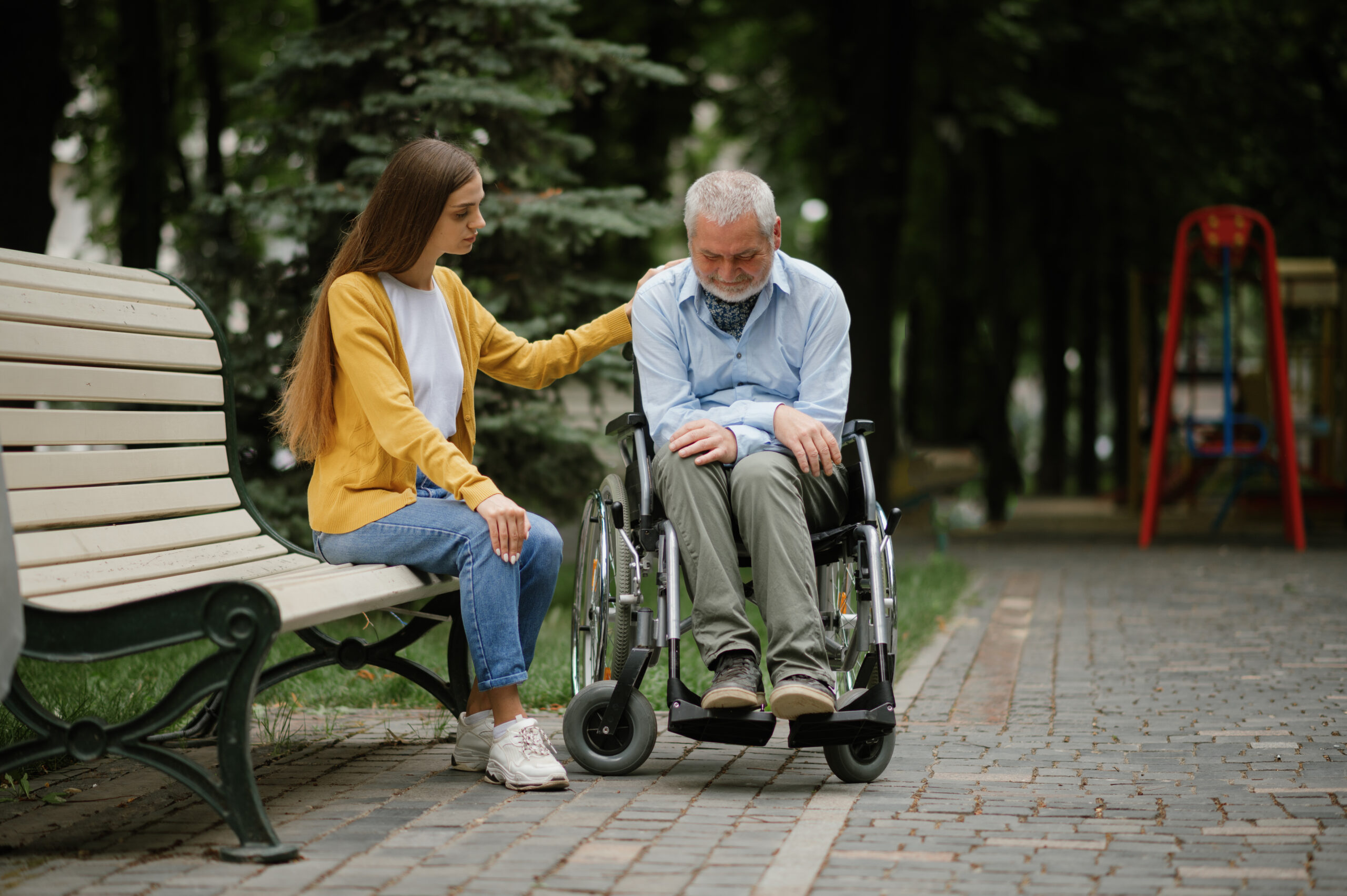The Equality Act of 2010 was set up to protect people from discrimination, harrassment and
victimisation due to:
● Age
● Disability
● Sex
● Race
● Religion
● Pregnancy/maternity
● Gender reassignment
● Sexual orientation
While the world has come a long way with regards to tolerance and acceptance surrounding
these protected characteristics, for older members of the LGBTQ community, being true to
who they really are is still a terrifying prospect – even when it comes to receiving care from
professionals. In fact, 61% of LGB people say that they are worried that healthcare services
might not be able to meet their needs, with 1 in 6 lesbian or bi women, and 1 in 9 gay or bi
men reporting hositlity, discrimination or poor treatment due to their sexual orientation.
Worrying figures indeed…even more so when you consider that a 2015 survey carried out
by the lesbian, gay, bisexual and transgender rights charity, Stonewall, revealed that up to
25% of NHS patient-facing staff had overheard colleagues making homophobic, biphobic or
transphobic remarks.
The challenges that older LGBTQ people face are complex. We’re talking about a generation
who lived through a time where being themselves simply wasn’t safe. They have lived during
a time where they have been told that they have a mental health problem because of their
sexual orientation, and have possibly been subjected to aversion therapies in an attempt to
‘cure’ them. They may have been criminalised – let’s not forget that homosexuality was illegal
up until 1967…they have had to hide their sexuality, constantly in fear of being found
out…lesbian women have lost their children in custody battles…people of all genders have
lost their jobs, their friends. Even their families. The elderly generation of LGBTQ people
spent many, many years living in fear, facing prejudice and terrible abuse – all because of
who they are.
It is for those reasons that those working in care must do all they can to be as inclusive and
supportive of LGBTQ people who are enjoying later life. Because they have probably
encountered more prejudiced people throughout their lives than not, they may well assume
that everyone they meet feels the same. This is why it’s so important that carers give their
LGBTQ clients positive signals that they are accepting, understanding and compassionate.
This has nothing to do with knowing about a person’s sex life or who they would rather sleep
with….in fact, it has little to do with sexuality at all – it is about the person as a whole, and
about showing interest in their life story and identity. Whether you are lesbian, gay, bisexual
or trans shapes your life experiences, your interests, your attitudes – and a care plan for an
older LGBTQ person that doesn’t include such a massive part of their individuality isn’t going
to properly meet that person’s needs. For example, if you had a heterosexual client who had
been married for 40 years, it would be relevant for you to know about that person and what
they mean or meant to the person in your care. ANY person who is in need of support would
want those who have been trusted to care about them to know about their partner and the
people in their life who are important to them. Whatever a person’s sexual orientation, they
will want those they love to be kept informed of their health care.
As a care worker, knowing that part of an older person’s story allows you to provide thorough
and personalised care, and means that you can do your job to the very best of your ability.
Of course this doesn’t mean prying – as a carer you don’t have to ask ‘are you gay?’
Perhaps you are caring for an older person who lives with someone of the same gender.
That person might not necessarily be a partner, but by asking questions such as, ‘have you
been together for a long time?’ or ‘how did you meet?’ you are validating their relationship,
and this makes a huge difference in making a client feel comfortable, accepted and SAFE.


